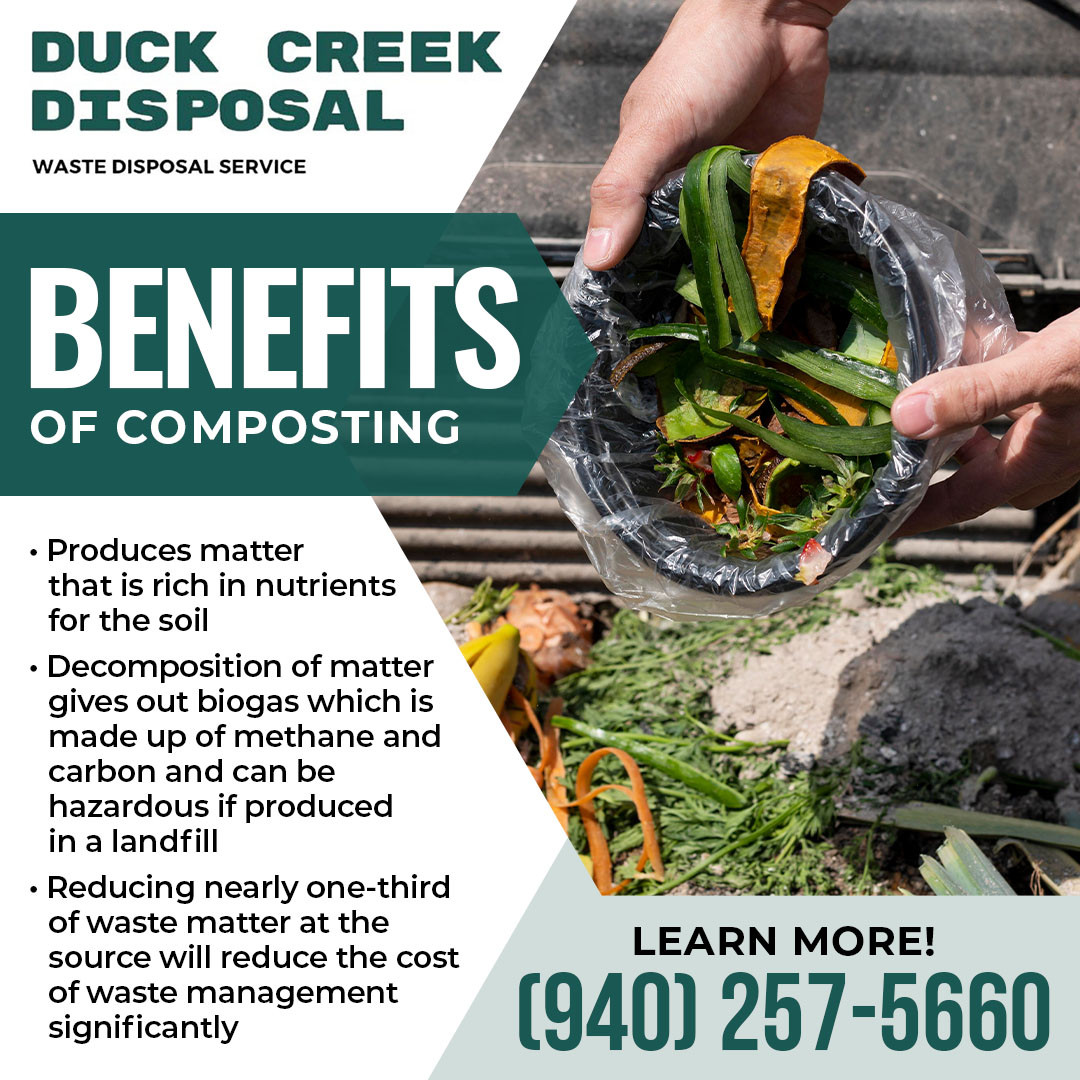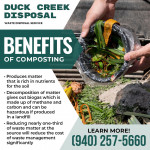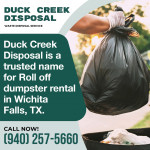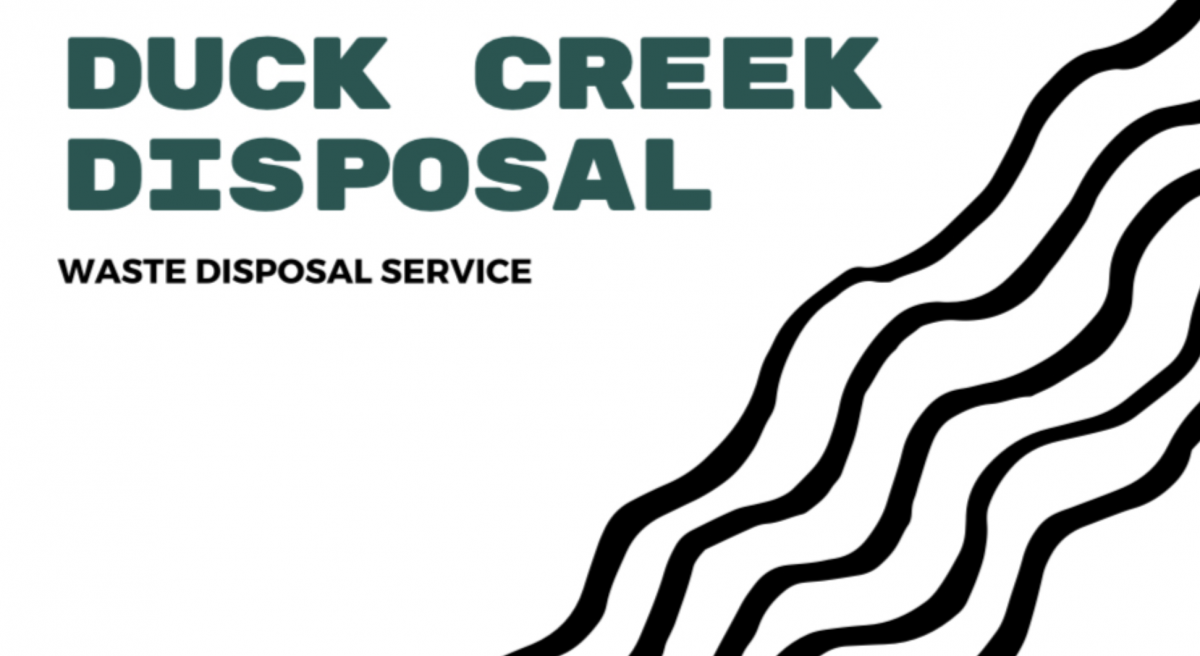Why Waste Your Kitchen Waste - Compost it!

According to sources, the population of the US is just 4.25% of the total population of the world. In contrast, the US produces around one-third of the world’s solid waste! Now isn’t that something to think about and rectify? Duck Creek Disposal shares tips on composting - one of the easiest ways to reduce the amount of solid waste that goes into landfills.
What is Compost?
Billions of dollars are spent on managing waste. Almost a quarter to one-third of the waste is organic or kitchen waste which can be recycled in the home. It does not need to be sent to a landfill. This organic matter consists of vegetable and fruit peels, leaves, paper, and food scraps which can be reduced and made into compost. Compost is reduced or decomposed organic matter that is a rich fertilizer for the soil. If every home in the US does its bit to collect organic waste and make compost, a colossal amount of waste will be taken care of. Get a roll-off dumpster near me from Duck Creek Disposal for the rest of the trash.
Benefits of composting
- Living things grow, and whatever grows also decomposes. When aided by bacteria and other organisms in the right conditions, this decomposition produces matter that is rich in nutrients for the soil. It acts like fertilizer or humus, which helps plants to flourish. This compost is also called “black gold.” The right balance of each element of organic matter, e.g., green leaves, brown leaves, dry twigs and water, and anaerobic respiration from microorganisms, creates healthy compost.
- Decomposition of matter gives out biogas, which is made of methane and carbon and can be hazardous if produced in a landfill. Both these gases are greenhouse gasses and, if trapped in a landfill, could cause explosions and fires due to the heat they give off. It is better to have organic matter turned into compost and used as fertilizer in the garden or backyard rather than dispose of it with the garbage that will end up in a landfill.
- Reducing nearly one-third of waste matter at the source will significantly reduce the cost of waste management. Not to mention reduce the amount of space taken up by landfills. Connecting with Duck Creek Disposal for roll-off dumpster prices will cover the rest of the inorganic waste matter.
What not to put in compost.
While most organic matter can be composted, there are some exceptions. Animal residues, like dairy products or bones and fat or grease, should be kept away from compost as they attract rodents and pests with their pungent odor, which is harmful to plants. Charcoal ash and coal; and leaves and twigs from the black walnut tree can also be detrimental to plants and should not be composted. Pet feces can have pathogens that would cause disease in plants.

With the growing use of single-use packaging and disposables, the amount of waste generated has increased in the last few years. The global pandemic has added to the use-and-throw culture, and landfills are overflowing quickly. The ecology needs to be balanced with some environment-friendly practices like composting that need to be followed to preserve nature and reduce the burden of waste management. Duck Creek Disposal is a trusted name for roll-off dumpster rental in Wichita Falls, TX, to care for your non-compostable waste. Committed to providing you with professional services for garbage disposal, Duck Creek Disposal is the right choice for both residential and commercial dumpster rental services. Call (940) 257-5660 for more information.






















